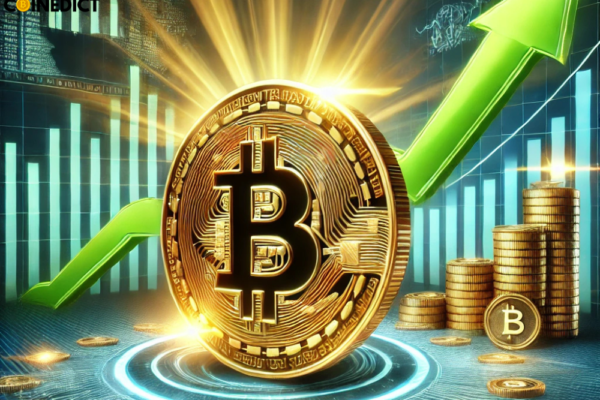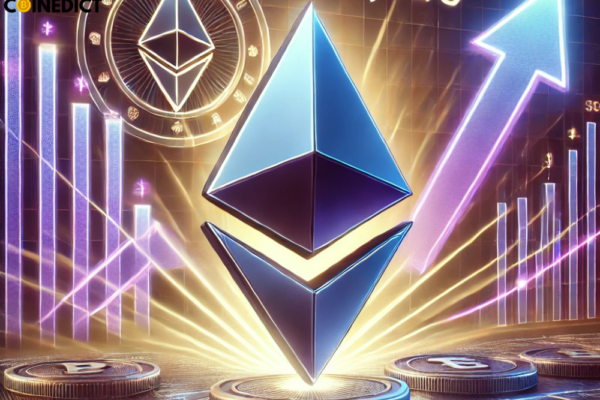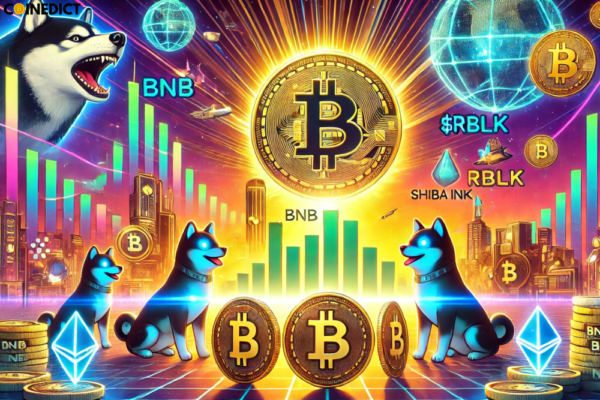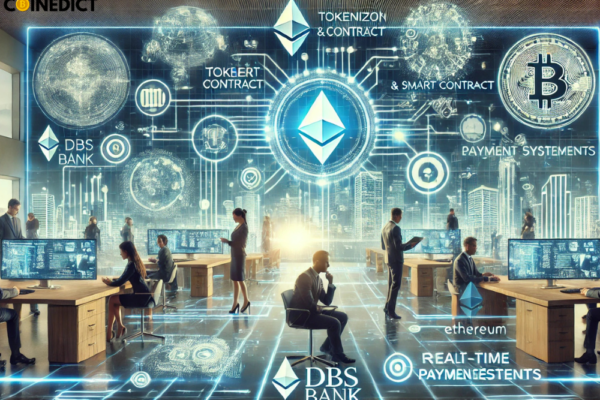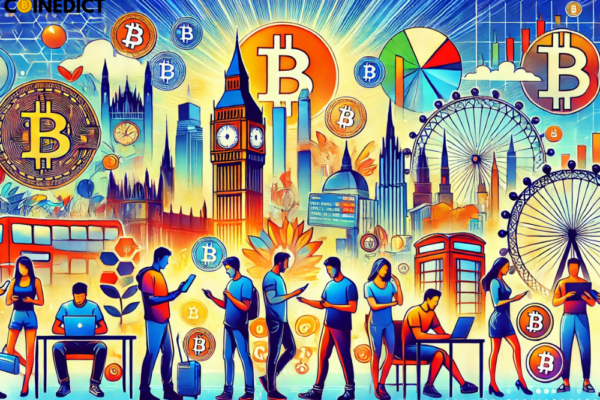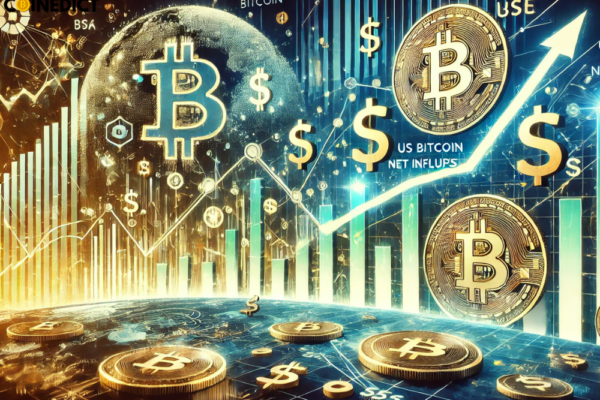
Coincover Cuts 50% of Workforce, Majority from Sales Team
Wales-based digital asset protection company Coincover has announced significant layoffs, reducing its workforce by 50%. The job cuts primarily affect the sales department, marking a notable shift for the company known for its cryptocurrency protection services. Details of the Layoffs Coincover’s decision to lay off half of its staff comes as a surprise to many, given the company’s reputation for providing security solutions in the digital asset sector. The layoffs are particularly concentrated within the sales team, suggesting a shift in strategy or response to changing market conditions. Key Points of the Layoff Announcement: Background: What Is Coincover? Coincover was founded in 2018 in Cardiff, Wales, with the mission to provide safety and insurance solutions for cryptocurrency holders. As the adoption of digital assets has grown, so has the demand for reliable security measures, positioning Coincover as a critical player in the crypto ecosystem. Its services range from theft protection and recovery to disaster recovery plans for cryptocurrency wallets. The company has established itself as a trusted name in the industry, collaborating with major exchanges, wallet providers, and financial institutions to enhance security and risk management for digital assets. Possible Reasons for the Layoffs Several factors could be contributing to Coincover’s decision to downsize its workforce: 1. Market Conditions and Cost Pressures 2. Shift in Strategic Focus 3. Funding and Financial Adjustments Implications for Coincover’s Future The layoffs at Coincover, while significant, do not necessarily signal broader trouble for the company. Instead, they might be a strategic move to streamline operations and adjust to the current market environment. 1. Continued Focus on Core Services 2. Potential Repositioning or Product Enhancements 3. Industry-Wide Implications Conclusion: A Strategic Adjustment Amid Market Realities The 50% workforce reduction at Coincover marks a significant move, particularly with its focus on the sales team. While layoffs of this scale are always challenging, they could also be a necessary step for the company to adapt to changing market dynamics, maintain financial stability, and refine its long-term strategy. Coincover’s commitment to digital asset protection remains crucial, especially as security continues to be a top priority for both individual and institutional investors. The company’s ability to navigate this transition effectively will determine its position in the rapidly evolving crypto security landscape. As the digital asset industry continues to mature, Coincover’s adaptability could serve as a case study in strategic restructuring and resilience.









